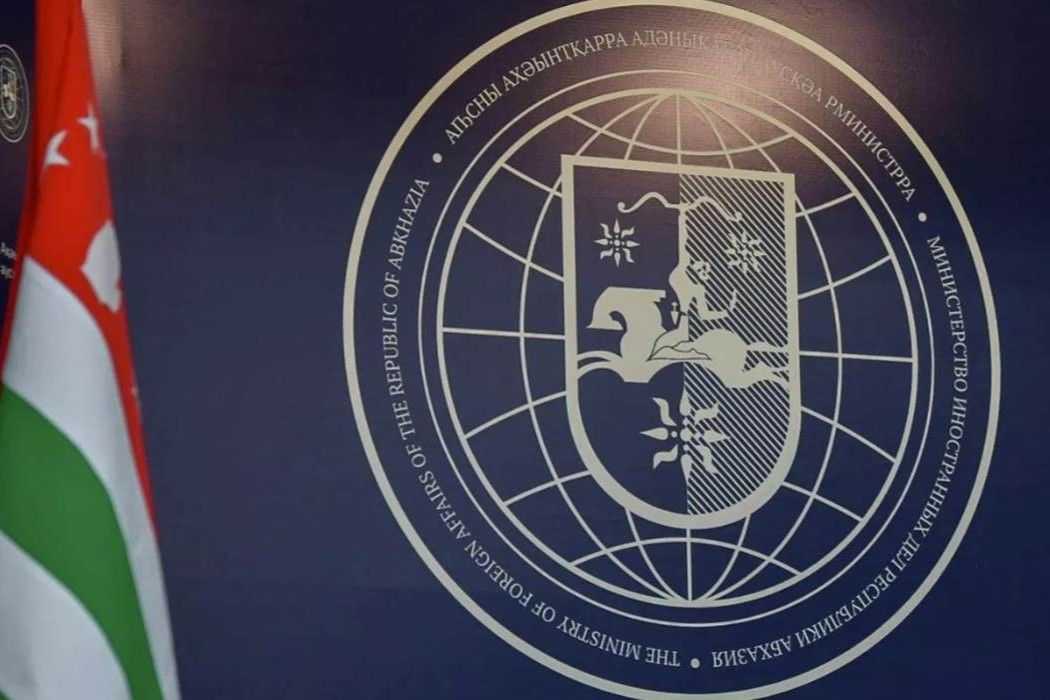
Abkhazia has introduced daily six-hour power cuts following significant damage to a section of the Enguri (Ingur) hydroelectric power plant and insufficient Russian-provided electricity.
The Enguri hydroelectric power plant (HPP) is located along the boundary between Abkhazia and Georgia, with Sukhumi (Sukhum) and Tbilisi sharing the power plant’s output.
The authorities in Abkhazia increased the number of hours of daily blackouts from four to six hours on Sunday, after they suspended the Enguri HPP’s operation until 15 April after a section of its diversion tunnel was damaged, causing concrete debris to fall into its turbine compartment.
Abkhazia will now experience three two-hour blackouts throughout the day.
The Enguri HPP is Abkhazia’s only source of domestically produced electricity, as the region heavily relies on imports of Russian electricity.
Water levels at the hydropower plant are a critical factor in determining the stability of Abkhazia’s electricity supply.
A high demand for electricity in the period of low river flow between October and April means that the reservoir is unable to adequately supply the region with energy. Since 2016, Abkhazia has negotiated the purchase of electricity from Russia to cover this period, but the annual purchases rarely cover the region’s energy demand.
In 2023, Abkhazia’s state energy company Chernomorenergo purchased ₽40 million ($400,000) worth of energy from Russia, but since November has received ‘social flows’ and purchased electricity commercially from Russia.
This has also not been sufficient to cover Abkhazia’s energy demand, meaning that in the late autumn, winter, and first months of spring, Abkhazia has had power cuts for initially four, and now six hours a day.
However, Chernomorenergo stated that after repair work on the diversion tunnel is complete, the blackouts might be cancelled entirely depending on the water level in the reservoir.
On 8 April, chair of the Enguri HPP’s board of directors Levan Mebonia told Apsnypress that a private Georgian company was supplying electricity to Abkhazia. Georgia’s Economy Minister, Levan Davitashvili, later told RFE/RL that he was not aware of which company Mebonia was referring to.
‘I’ll stop paying for electricity’
As well as seasonal variations in water levels, electricity shortages have been attributed to high demand stemming from cryptocurrency mining.
Abkhazia’s headquarters for combating illegal cryptocurrency mining publish regular reports on the number of cryptocurrency mining devices that have been seized, with approximately 3,500 cryptocurrency mining devices confiscated since the beginning of 2023.
Electricity payments have also decreased since energy prices rose at the beginning of 2024, to ₽1.40 ($0.02) per kilowatt hour.
‘In winter, I paid ₽1,500 ($16) per month, with my Russian pension of ₽10,000 ($110)’, said an 80-year-old resident of Sukhumi (Sukhum). ‘I’m now thinking of stopping paying entirely.’
‘I have always paid for electricity, even in the most difficult times. But today, looking at how some people make money from mining and do not pay millions, I think that I’ve done enough giving away my pennies, I’ll do as they do and use it for free.’
Chernomorenergo reportedly installed a total of 22,500 energy metres in 2023, in part a measure to combat low rates of payment, and plan to install a similar number in 2024.
Abkhazia’s President Aslan Bzhania suggested prior to 2023 that differential stations of the Enguri hydroelectric power station should be privatised, claiming that ‘the state is a bad owner’.
But the issue is controversial, and unpopular with many who suggest that this will lead to further price hikes, as well as potentially opening the critical infrastructure to use in international political negotiations.
In late 2023, Abkhazia’s parliament adopted a law on strategic facilities according to which large generating facilities cannot be privatised, but long-term lease is not prohibited.
According to unofficial information, Abkhazia’s parliament has received a draft agreement on the lease of the differential stations of the Enguri HPP cascade, which includes one of the deputies and the current tenant of the Sukhum HPP and the former director of Chernomorenergo, Rezo Zantaria.
For ease of reading, we choose not to use qualifiers such as ‘de facto’, ‘unrecognised’, or ‘partially recognised’ when discussing institutions or political positions within Abkhazia, Nagorno-Karabakh, and South Ossetia. This does not imply a position on their status.







